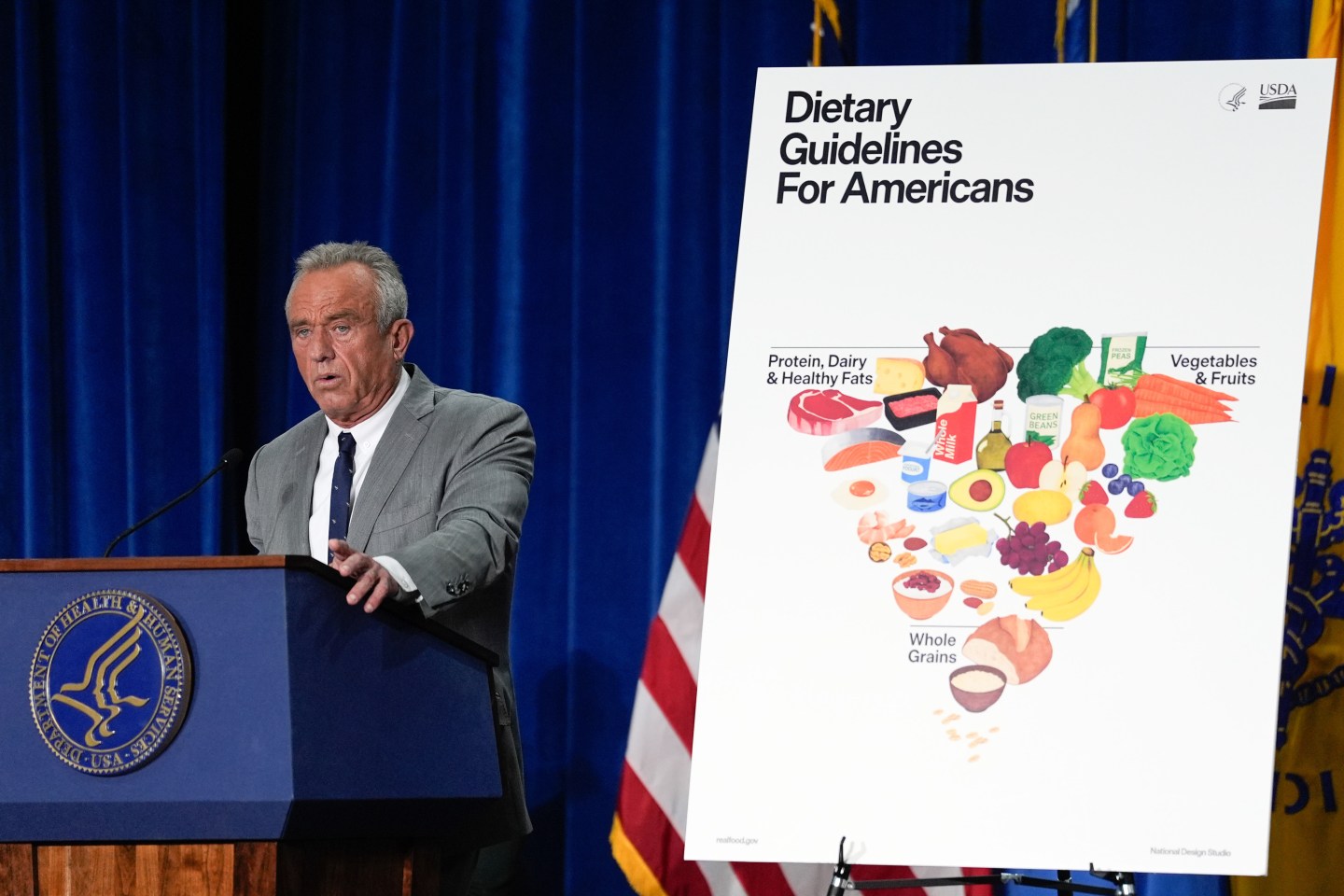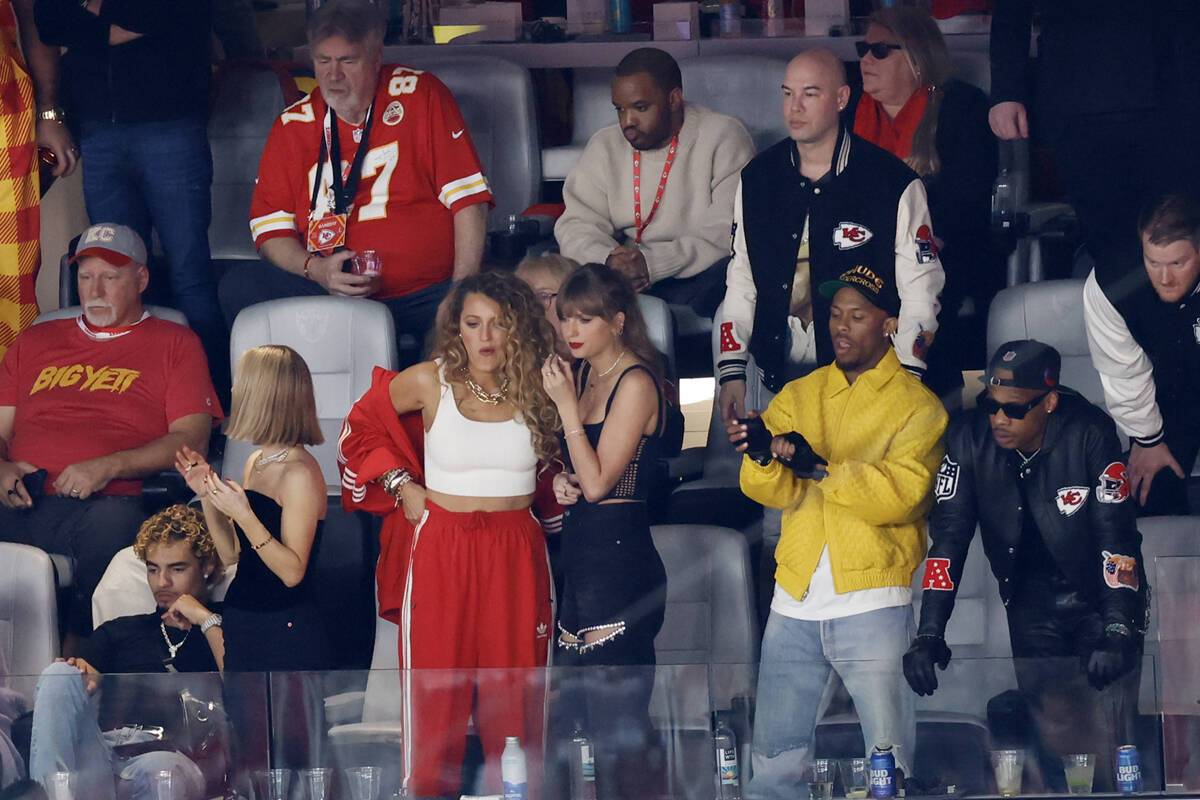Spotify removed al of Neil Young‘s songs at his request this week after the musician demanded the platform choose between keeping his music or Joe Rogan’s podcast. Young accused the comedian and streaming company of spreading COVID misinformation and anti-vaccine sentiments.
Spotify struck a $100 million deal with Rogan in 2020 to gain exclusive rights to his show The Joe Rogan Experience, the most expensive deal in the podcast history. The show has 11 million subscribers, and is a massive source of influence and income for Spotify. However, Rogan has come under more intense scrutiny over the past year. Last spring, Spotify removed 42 of Rogan’s episodes that featured controversial guests and topics. And earlier this month, 270 health wrote an open letter to Rogan criticizing him for a history of “broadcasting misinformation, particularly regarding the COVID-19 pandemic.”
After it became clear that Spotify would not be removing Rogan’s show, Young made good on his pledge, but he couldn’t do it alone—he had to ask his record label first.
So who owns Neil Young’s songs?
Like many artists, Young was unable to independently pull his own music from Spotify because he was not fully in control of his licensing rights.
The licensing rights to Young’s music are owned by Warner Bros – Reprise Records, his record company. Warner Bros is in charge of striking deals with third parties, such as Spotify, which can reproduce Young’s work.
“Before I told my friends at Warner Bros about my desire to leave the Spotify platform, I was reminded by my own legal forces that contractually I did not have the control of my music to do that,” Young wrote on his official website Wednesday. “I want to thank my truly great and supportive record company Warner Brothers – Reprise Records, for standing with me in my decision to pull all my music from Spotify. Thank You!”
Warner Bros did not immediately respond to Coins2Day’s request for comment.
Many other artists don’t own the rights to their songs
Young is far from the only artist to negotiate with their record label over how their music is used, as many musicians who get drawn into lucrative record deals early in their career never have a chance to own their rights at all.
Prince, another artist associated with Warner Brothers, was famously involved in a decades-long battle with his record company over the ownership rights of his music.
When a musician makes a deal with a record company, it usually means that any licensing agreement, such as the one between Young’s label and Spotify, cannot be undone by the artist alone, because they are no longer in full control of their music.
Spotify has substantial leverage over the labels they are partnered with and the music rights they represent, and the majority of revenue made by record labels today comes from deals with major streaming platforms. Young has said that 60% of his music’s streaming income originated from his label’s deal with Spotify.
So who owns their own songs?
Some artists have fought to retain creative control and publishing rights for their music, known as master recordings, which are basically ownership of copyrights to use an artist’s music.
Rapper Jay-Z became one of the first to do so in 2004 when he negotiated to have his rights returned to him after becoming president of his own record label.
Frank Ocean, U2, and Taylor Swift are also in possession of many of their own masters, with Swift having gone as far as to re-record entire an album to reclaim control.
That means that they can do what they want with them, like independently pull them completely from a streaming platform without permission from anyone else.
But an artist maintaining all rights to their music is rare—contracts with new artists are set up early in the artist’s career, often when they first sign a deal with a record label, so that the record company retains the right to legal ownership of masters, not the artist.
Several artists, including Adele, Thom Yorke, and The Black Keys have criticized record labels’ licensing deals with Spotify in the past for not properly compensating musicians for their work. These musicians all have fought to keep their music off the platform, although all eventually gave in and allowed their labels to license agreements with Spotify.











